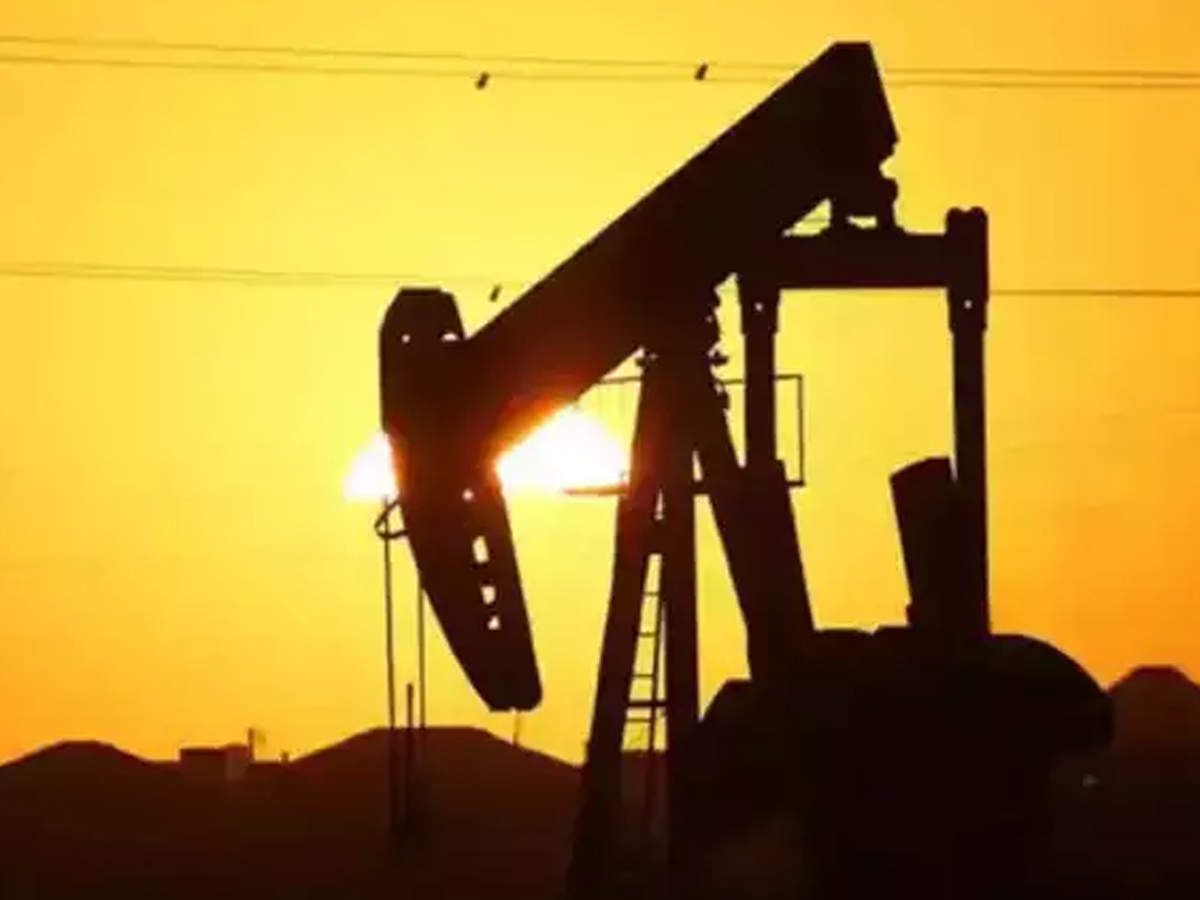The survival of the fittest game is going to play out in domestic equities from here on. While those with a lot of leverage and low profitability will see a severe knockdown and a lot of smaller players will become subdued for long, the best ones across industries will gain market shares and thrive. That's the thesis Dalal Street veteran Manish Gunwani proposes. He says India might become more attractive for a lot of MNCs as an outsourcing destination if we can manage the virus crisis better than many of the developed countries.
STREET PULSE: Where we stand Nifty futures on the Singapore Exchange traded over 100 points down at 7am (IST), signalling more pain ahead on Dalal Street. Elsewhere in Asia, shares faced another leg lower as the coronavirus sharply slows global growth, leading a gauge of world stocks to post its biggest quarterly decline in more than a decade and oil prices to trade near lows last seen in 2002.
Read More  | MSCI's broadest index of Asia-Pacific shares outside Japan gained 0.35% in early trade. Australia's S&P/ASX 200 index rose 1.59%. Stocks in Japan pared losses, while Australia's outperformed. Hong Kong shares had a modest retreat |
 | Shares on Wall Street tumbled on Tuesday, with the Dow registering its biggest quarterly fall since 1987 and the S&P 500 its steepest quarterly drop since a decade ago on growing evidence of the massive downturn the pandemic will incur. Dow fell 410 points, or 1.84%, to 21,917, the S&P500 lost 42.06 points, or 1.60%, to 2,584 and the Nasdaq 74.05 points, or 0.95%, to 7,700. |
 | Crude oil benchmarks opened the month mixed on Wednesday, following their biggest-ever quarterly and monthly losses, overshadowed by fears of global oversupply. Brent fell by 21 cents, or 0.8%, to $26.14 a barrel while WTI crude gained 27 cents, or 1.3%, to $20.75 |
 | The rupee ended on a flat note at 75.60 against the US dollar on Tuesday but logged a massive 9.36 per cent, or 646 paise, loss during the 2019-20 fiscal, mostly due to weakened sentiment in the wake of Covid-19 outbreak. |
| WHO'S |  |
DUMP & RUN…. With global trading desks in a 'sell-everything' mood, FPIs pulled a record $15.9 billion or Rs 1.2 lakh crore out of the Indian debt and equity markets in March, exceeding the exits that India had witnessed during the 2008 financial crisis. The combined impact of market value erosion and redemption pressure on fund houses compressed total Indian equity assets under management by FPIs to $341 billion, or Rs 25.52 lakh crore, as of March 15, down 20% from $431 billion or Rs 33 lakh crore at the start of 2020.
Read More MAJOR BOND RECAST AHEAD… Many large listed companies have sounded out some of the bond trustees in last 24 hours on the possibility of rejigging the terms of debt securities they had floated. More than Rs 60,000 crore of interest and principal on NCDs issued by corporates are coming up for payment in the next one month. Market sources say close to Rs 1 lakh crore of NCD interest and repayment will be due over the next six months, out of which about 60% constitutes repayment of principal.
Read More FORCE MAJEURES GALORE … Energy companies are flooded with force majeure notices from customers as the lockdown has shuttered factories and commercial establishments, destroying fuel and electricity demand. From small tile makers in Gujarat to big fertiliser and power producers, refiners, and oil & gas producers have been jolted by the lockdown. Several small factories have mailed force majeure notices to city gas distributors, who have in turn sent similar intimations to gas marketers such as GAIL, IndianOil and GSPC. GAIL has issued force majeure notices to its domestic and overseas suppliers, including ONGC, Petronet LNG and Russia's Gazprom.
Read More IDES OF MARCH HITS MOTOWN … March will likely be the worst ever for Indian automakers, capping a year that's seen the industry plummet to the lowest in about four years. Sales in the last month of FY20 are expected to have dropped 40-80% across segments in a slump that's been exacerbated by the Covid-19 lockdown. The March performance has eclipsed declines seen during demonetisation in late 2016, GST implementation in 2017 and the global financial crisis of 2008.
Read More | LOOK WHO'S |  |
BANKS IN TWO MINDS ON EMI RELIEF… Banks will mostly adopt one of two methods to honour RBI's call to allow borrowers to defer loan repayments for three months. Customers will either have to contact the bank if they want to take advantage of the moratorium or the bank will allow the three-month break by default. In the latter instance, customers will need to let the bank know if they want to keep up with payments. Banks said they have got in touch with customers or will do so in the next few days once they decide how to implement the decision.
Read More SOLID SHOW BY CORE SECTORS … Buoyed by a rise in the output of coal, cement and electricity, India's eight infrastructure industries grew at an 11-month high in February, although the recovery is unlikely to be sustained because of the disruption caused by Covid-19. The index of eight core industries rose 5.5% in February, government data showed on Tuesday. The growth estimate for January was revised to 1.4% from 2.2% assessed earlier.
Read More GOOD MONSOON AHEAD… The southwest monsoon in India is likely to get a boost this year as the India Meteorological Department has predicted that El Nino, which often disrupts rainfall, is unlikely this year. This augurs well for the country as about two-thirds of the people depend directly or indirectly on agriculture for their livelihood. Meteorologists say that a low probability of El Nino is certainly good news for the monsoon.
Read More Meanwhile... GOVT PAVES WAY FOR RATE CUTS... The government slashed interest rates on various small savings schemes, such as the popular PPF and NSC by 70-140 basis points with effect from the first quarter of 2020-21. These cuts will reduce earnings of depositors, but pave the way for lowering of interest rates for borrowers. Economists said banks should be able to reduce lending rates by at least 50 basis points now.
Read More 
















